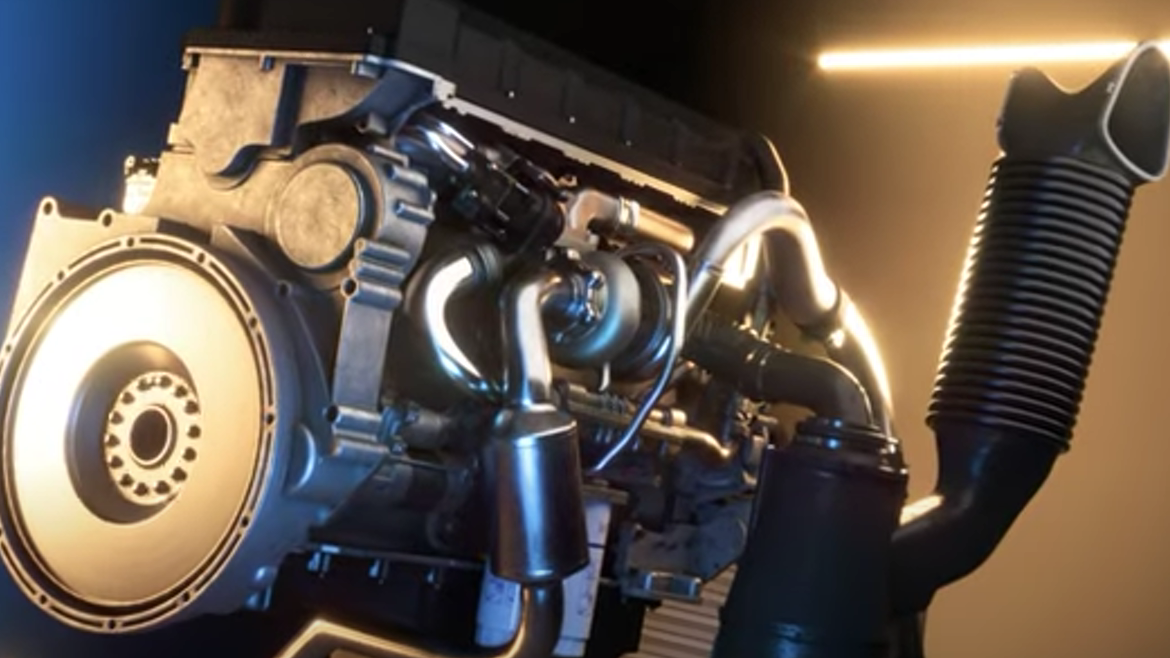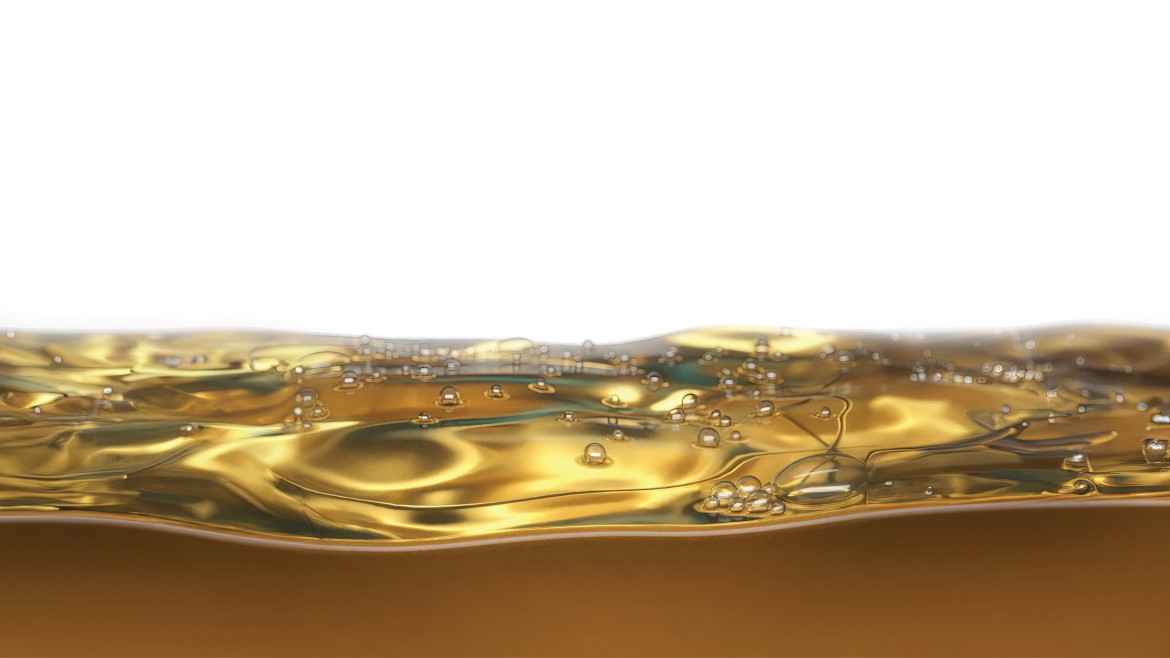Sep 5, 2018
Posted by Morgan Zhao, Technology Manager
China VI, a stricter pollution emission standard scheduled to take effect in 2020, is one of the most urgent issues currently facing original equipment manufacturers (OEMs). Engine oils—as one of the key components of a vehicle—will need to be formulated to ensure compatibility with these new aftertreatment systems, in a way that positively impacts durability, economy and other important aspects.
To align with European auto companies, OEMs are beginning to demand longer B10 life and extended drain intervals, requiring engine oils with better durability. In addition, the market in China presents other challenges, such as uneven diesel quality and a wide range of operating conditions across vast expanses of territory.
Currently, the most advanced North American standards for diesel engine oil are API CK-4 and API FA-4. This is the first time that API introduced a split category, in response to the range of viscosity grades in the market. These categories were designed to meet more stringent emission and fuel economy requirements, as well as increasing market demand for higher durability.
- Designed to supersede API CJ-4, API CK-4 is backward compatible, with high temperature high shear (HTHS) above 3.5 cP.
- API FA-4 is a new category designed to address the fuel economy of newer engines. It has a lower viscosity range (SAE 5W-10W) and lower HTHS (2.9-3.2 cP).
Both API CK-4 and API FA-4 specify limitations on ash content for compatibility with aftertreatment devices.
The new categories also have higher performance demands, including eight engine bench tests lasting over 2,500 hours and evaluating high-temperature performance, soot, piston wear and EGR. The Sequence IIIG and some Mack T12 tests were replaced by the Mack T13 which measures oxidation under higher temperature conditions. An in-line, 6-cylinder Volvo D13 engine is run for 360 hours, with the oil pan temperature higher than the previous tests (above 118℃). The oil performance is assessed by measuring oxidation peak height and viscosity increase.
The previous API CJ-4 category was developed 10 years ago to address the issues of contemporary hardware, and the adaptability of API CJ-4 oils to the new Mack T13 is of concern. When tested, API CJ-4 oils show severe oxidation at 330 hours, leading to a surge in oil viscosity. The Mack T-13 is unique in its focus on extended drain performance. An API CK-4 product containing Lubrizol additives demonstrated good oxidation control after 500 hours of testing, i.e. 144 hours longer than the category requirement.
In order to meet the China VI standard, lubricant manufacturers must design engine oils with more comprehensive after-treatment compatibility and extended durability performance.
For more information on China VI, contact your Lubrizol representative.









